Maapu & Pelli Vasthralu: The Heartfelt Tradition of Gifting Wedding Attire in South India
Weddings in South India are a beautiful blend of rituals, symbolism, and heartfelt gestures that emphasize community and familial ties. Among the most cherished traditions is the custom of gifting clothes to close family and friends—a practice known in Tamil Nadu as “Maapu” (மாப்பு) and in Telugu communities as “Pelli Vasthralu” (పెళ్లి వస్త్రాలు).
What is Maapu?
In Tamil weddings, Maapu refers to the sarees, veshtis (dhotis), or even shirts that are gifted by the bride or groom’s family to their close circle—uncles, aunts, cousins, and sometimes dear family friends. These gifts aren’t just material items; they carry deep emotional and social meaning. They serve as a symbol of respect, inclusion, and familial unity, reinforcing the idea that the recipients are integral to the couple’s big day.

Wearing Maapu on the wedding day or at key ceremonies like the Muhurtham allows the extended family to present a unified, festive appearance. It’s common to see entire rows of family members in coordinated or matching attire—an image that beautifully reflects cultural identity and togetherness.
Maapu as Kalyana Kodai
Sometimes, the term Kalyana Kodai (literally "wedding gifts") is used as a broader phrase encompassing Maapu and other return gifts offered during the wedding. These may include towels, bangles, kumkum, betel leaves, and coconut, but the core of Kalyana Kodai remains the clothing—a visual symbol of celebration.
What About Telugu Weddings? Pelli Vasthralu & Other Terms
In Telugu weddings, the Pelli Vasthralu tradition mirrors the essence of Maapu. These are wedding garments gifted to relatives and key attendees, meant to be worn during ceremonies like Pelli Muhurtham, Pellikuthuru, or Pellikoduku.

Here are a few key terms from Telugu traditions:
-
Pelli Vasthralu (పెళ్లి వస్త్రాలు) – Literally means "wedding clothes." This is the most commonly used phrase referring to gifted sarees, dhotis, or dress materials.
-
Vastramulu (వస్త్రములు) – A general term for garments. It’s often used in formal invitations or checklists to mention the gifting of clothes.
-
Kattadam (కట్టడం) – An informal, colloquial term in certain dialects that implies the ritual act of gifting clothes, often for in-laws or elders.
Just like in Tamil weddings, these clothes unify the visual aesthetic of the wedding and also show gratitude to those who have come to bless the couple.
Example in Telugu:
“Pellikuthuru ki athmeeyula andariki sarees mariyu dhothilu icharu.”
(They gave sarees and dhotis to all close relatives for the bride’s ceremony.)

Cultural Significance Beyond the Gift
These clothing gifts do more than fulfill a tradition. They create memories, foster belonging, and elevate the celebratory spirit of weddings. They symbolize how deeply rooted South Indian weddings are in collective joy, visual harmony, and emotional connection.
In today’s weddings—whether modern, grand, or minimal—this age-old practice continues to thrive, adapting to different budgets and tastes but never losing its emotional essence.

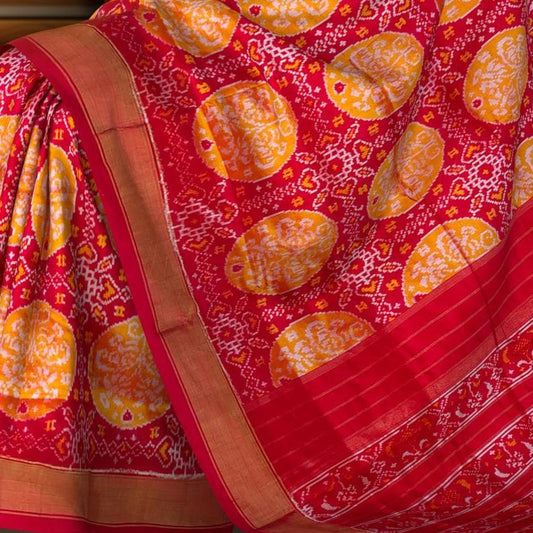
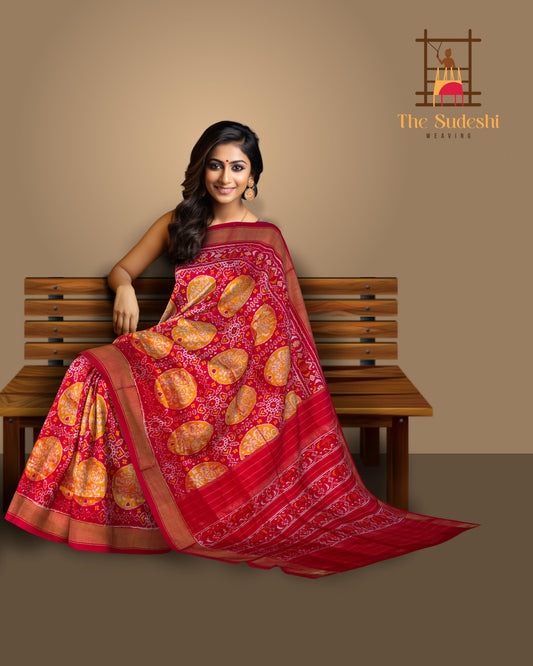
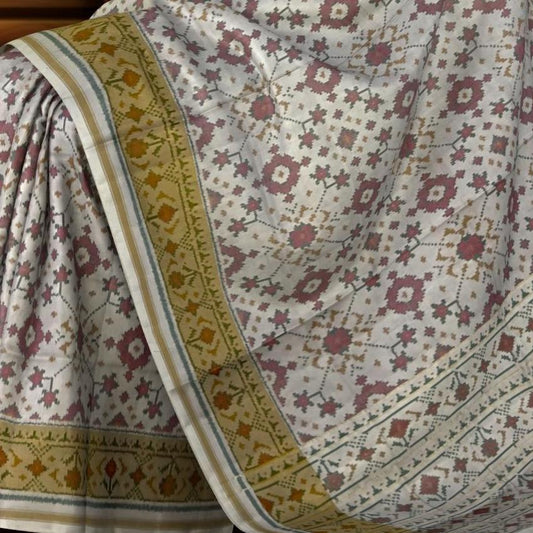
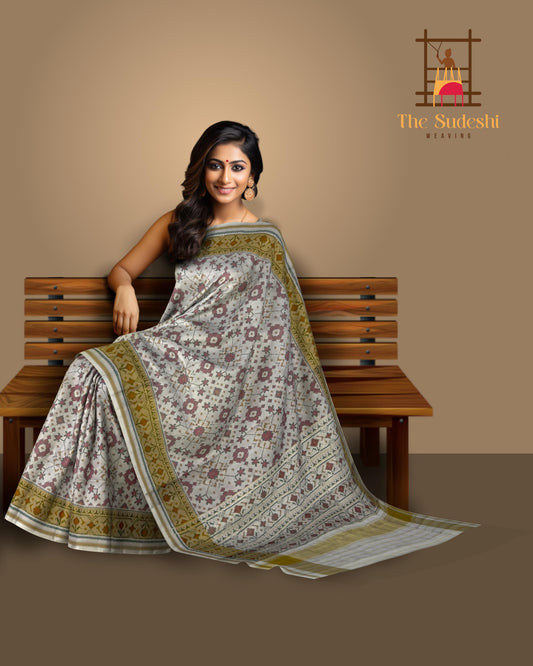
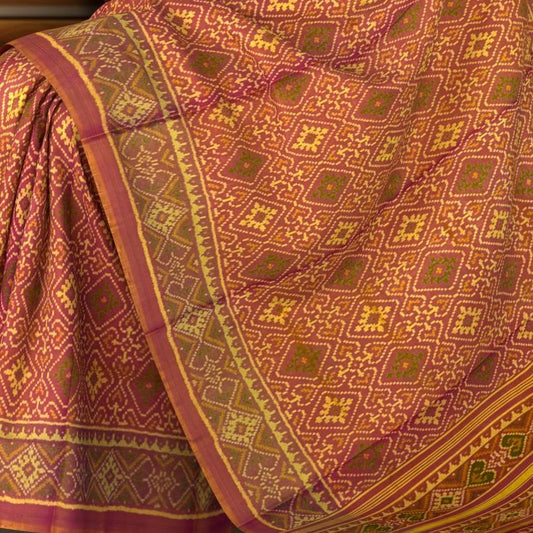
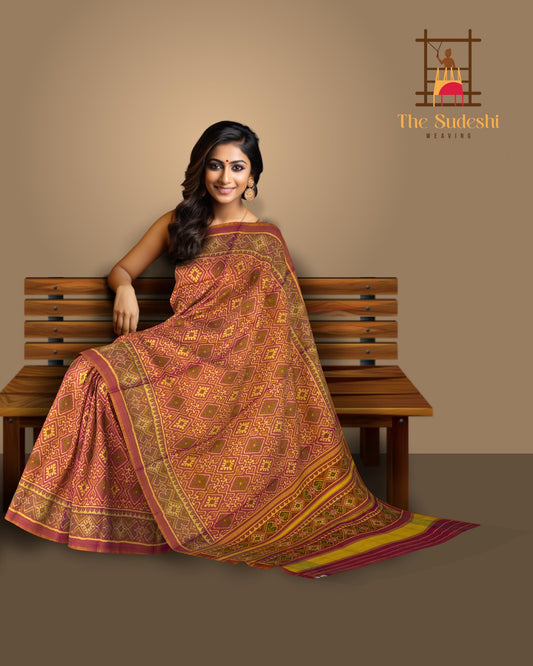
Leave a comment
Please note, comments need to be approved before they are published.